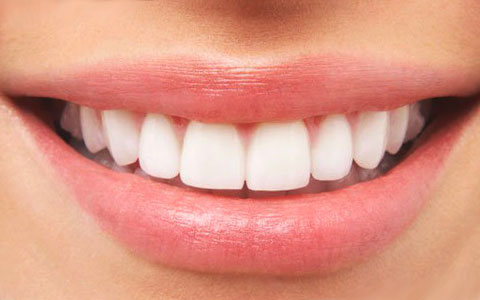Burning mouth syndrome Beaumont
Burning mouth syndrome is a challenging and often painful condition that some individuals liken to the sensation of having scalded their mouth with hot coffee. This condition is characterized by a persistent burning sensation that can affect various parts of the mouth, including the tongue, roof of the mouth, gums, inside of the cheeks, and the back of the mouth or throat. It is known by several names, including "burning tongue (or lips) syndrome," "scalded mouth syndrome," "glossodynia," and "stomatodynia."
Alongside the burning sensation, individuals with this syndrome may experience additional symptoms, such as dryness or soreness in the mouth, tingling or numbness in the mouth and tongue, and even a bitter or metallic taste. While burning mouth syndrome can affect both men and women, it is particularly common among women, especially during or after menopause.
At Hometown Orthodontics in Beaumont, Dr. Hugh Saltaji can provide you with essential information about this syndrome and guide you through its diagnosis and management.
Understanding the Causes of Burning Mouth Syndrome
Pinpointing the exact cause of burning mouth syndrome can be challenging. This condition has been associated with various factors, including menopause, diabetes, nutritional deficiencies, tongue thrusting, oral disorders like oral thrush and dry mouth, acid reflux, cancer therapy (radiation and chemotherapy), and psychological issues. Some researchers have also proposed nerve dysfunction as a potential cause.
It's important to note that the term "burning mouth syndrome" should ideally be used when a definite cause cannot be identified. Once it begins, this syndrome may persist for an extended period, leading to discomfort and restlessness. This, in turn, can result in mood changes, irritability, anxiety, and depression.
Exploring Treatment Options
If you suspect you may have burning mouth syndrome, Dr. Hugh Saltaji will perform a thorough evaluation to confirm the diagnosis and create an appropriate treatment plan. This process typically involves reviewing your medical history and discussing your symptoms in detail.
First, any oral conditions contributing to the burning sensations will be addressed. For example, if dry mouth is a factor, Dr. Hugh Saltaji may recommend increased fluid intake or suggest saliva replacement products available at pharmacies. In cases of suspected thrush, an oral swab or biopsy may be conducted to confirm the fungal infection, which can then be treated with oral antifungal medications.
Any sources of irritation caused by sharp or broken teeth or ill-fitting dentures will be resolved. Additionally, Dr. Hugh Saltaji may recommend eliminating mouthwash, chewing gum, tobacco, and highly acidic liquids (like certain fruit juices, soft drinks, and coffee) for a two-week period to assess if there is any improvement.
You should also investigate the side effects of any medications you are taking, as some drugs used to treat various conditions, such as high blood pressure, may list a burning mouth sensation as a potential side effect. If any of your medications are associated with this symptom, consult with your physician to explore substitute medications. Certain medications can also lead to dry mouth, which can exacerbate the condition.
If Dr. Hugh Saltaji determines that no oral conditions are responsible for the burning sensation, and the steps mentioned above do not alleviate the problem, further investigation into disorders like diabetes, thyroid abnormalities, Sj?gren's syndrome (a rheumatological disorder), mineral deficiencies, or food allergies may be necessary. This typically involves referral to your family physician and may include blood tests.
Contact Hometown Orthodontics for Compassionate Care in Beaumont
If you believe you are experiencing burning mouth syndrome or have any related concerns, please do not hesitate to reach out to Dr. Hugh Saltaji at Hometown Orthodontics. We are conveniently located at #103 5301 Magasin Ave in Beaumont, AB, and we are committed to providing you with comprehensive care and support. Call (780) 929-3425 to schedule your appointment and begin addressing your oral health concerns today.
